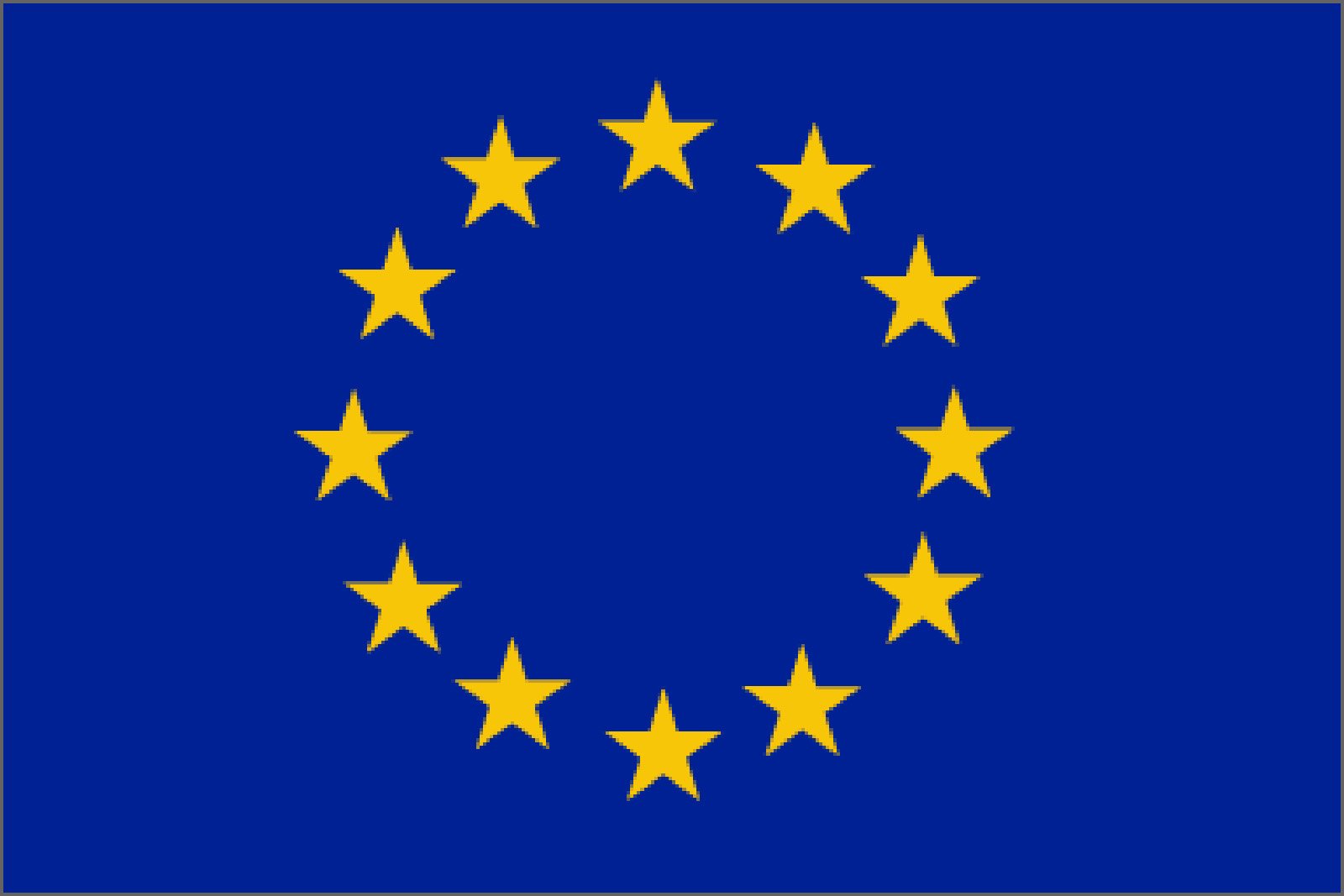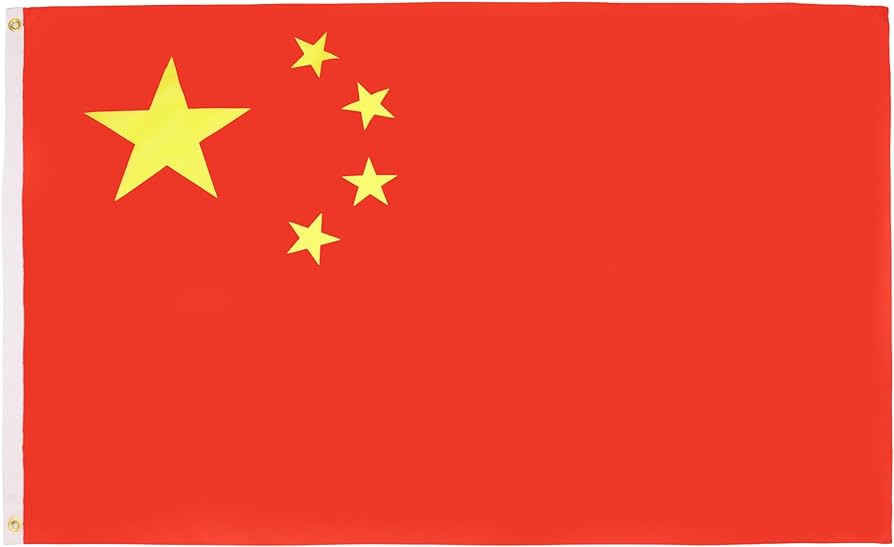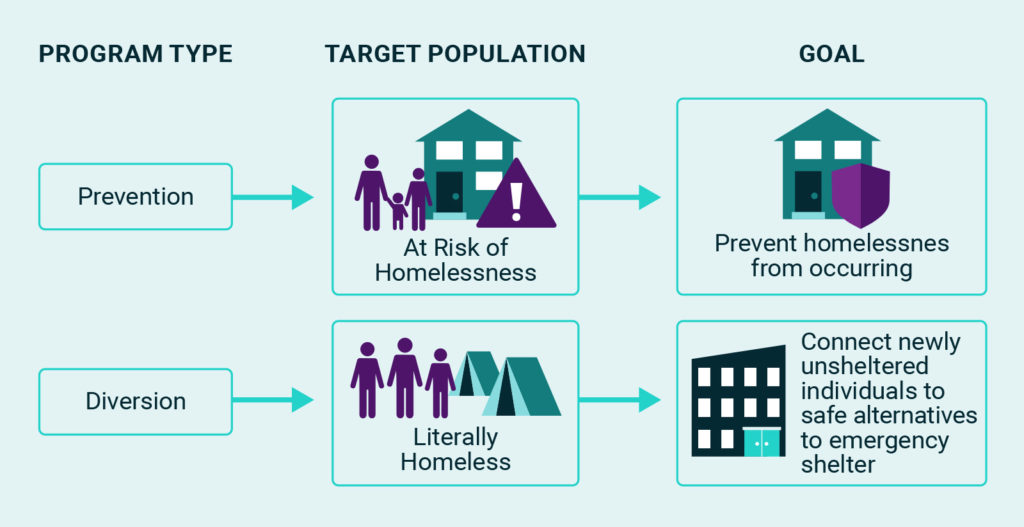
The Future of Tech: EU’s Digital Markets Act and China’s Push for Self-Sufficiency
The tech world is abuzz with two significant developments that could shape the industry’s future. The European Union’s Digital Markets Act is set to boost competition in digital advertising, online search, and app ecosystems, while China is pushing to sever its reliance on American technology. In this article, we’ll delve into the implications of these changes and what they mean for users.
Apple and the EU’s Digital Markets Act
Apple is facing new competition as part of the EU’s Digital Markets Act. The law aims to promote competition from smaller companies in digital advertising, online search, and app ecosystems. As a result, Apple will have to allow alternative ways to install apps and permit in-app payment processors from third parties. This could potentially impact Apple’s bottom line, as they currently take a cut of transactions made through their App Store.
 The EU’s Digital Markets Act is set to boost competition in digital advertising, online search, and app ecosystems.
The EU’s Digital Markets Act is set to boost competition in digital advertising, online search, and app ecosystems.
Google’s Opportunity
Google, which already allows sideloading, could benefit from these changes by gaining a foothold in Apple’s app ecosystem. The law could also lead to more choice screens for users, allowing them to select their preferred internet browser, which could change market share on certain devices.
 Google could benefit from the EU’s Digital Markets Act.
Google could benefit from the EU’s Digital Markets Act.
China’s Push to Sever Ties with American Tech
In 2022, the Chinese government issued a top-secret directive called Document 79, which expanded the drive to push U.S. tech out of the country’s state-owned companies. This effort, referred to as ‘Delete A’ for ‘Delete America,’ has been ongoing since 2020, but the issuance of Document 79 marked a significant escalation. The goal is to be self-sufficient and avoid being cut off from U.S. technology overnight, as was the case with Huawei.
 China is pushing to sever its reliance on American technology.
China is pushing to sever its reliance on American technology.
Impact on American Tech Companies
American tech companies have already seen the consequences of China’s push to localize technology. In 2022, the U.S. exported advanced computing chips and semiconductor equipment to China, but these exports were banned due to national security concerns. This move forced Chinese companies to look for alternatives, leading to a shift in orders away from U.S. companies.
California County Tests AI Technology to Prevent Homelessness
A California county is using AI technology to predict who in the county is most likely to lose their housing and then stepping in to help those people with their rent, utility bills, car payments, and more. The program, which is still experimental, has served over 700 clients since 2021, and 86% of them have retained their housing.
 AI technology is being used to predict and prevent homelessness in California.
AI technology is being used to predict and prevent homelessness in California.
How Does AI Predict Homelessness?
The idea started in 2019 when UCLA’s California Policy Lab began experimenting to see if it could use machine learning, combined with LA County data, to predict homelessness. The county then paired that with money to intervene before people ended up on the street.
 UCLA’s California Policy Lab is using machine learning to predict homelessness.
UCLA’s California Policy Lab is using machine learning to predict homelessness.
Is a Computer Really Better at Guessing Who Will Become Homeless Than Human Social Workers?
Yes, 3.5 times better, according to Janey Rountree, executive director of the California Policy Lab at UCLA. The problem with humans is that they’re biased toward the people they know. They all seem housing-unstable and at high risk. You want to help those individuals or those families in front of you. But not all of them are going to become homeless and be on the street or use shelter if they don’t get assistance.
 AI technology is helping to prevent homelessness in California.
AI technology is helping to prevent homelessness in California.














